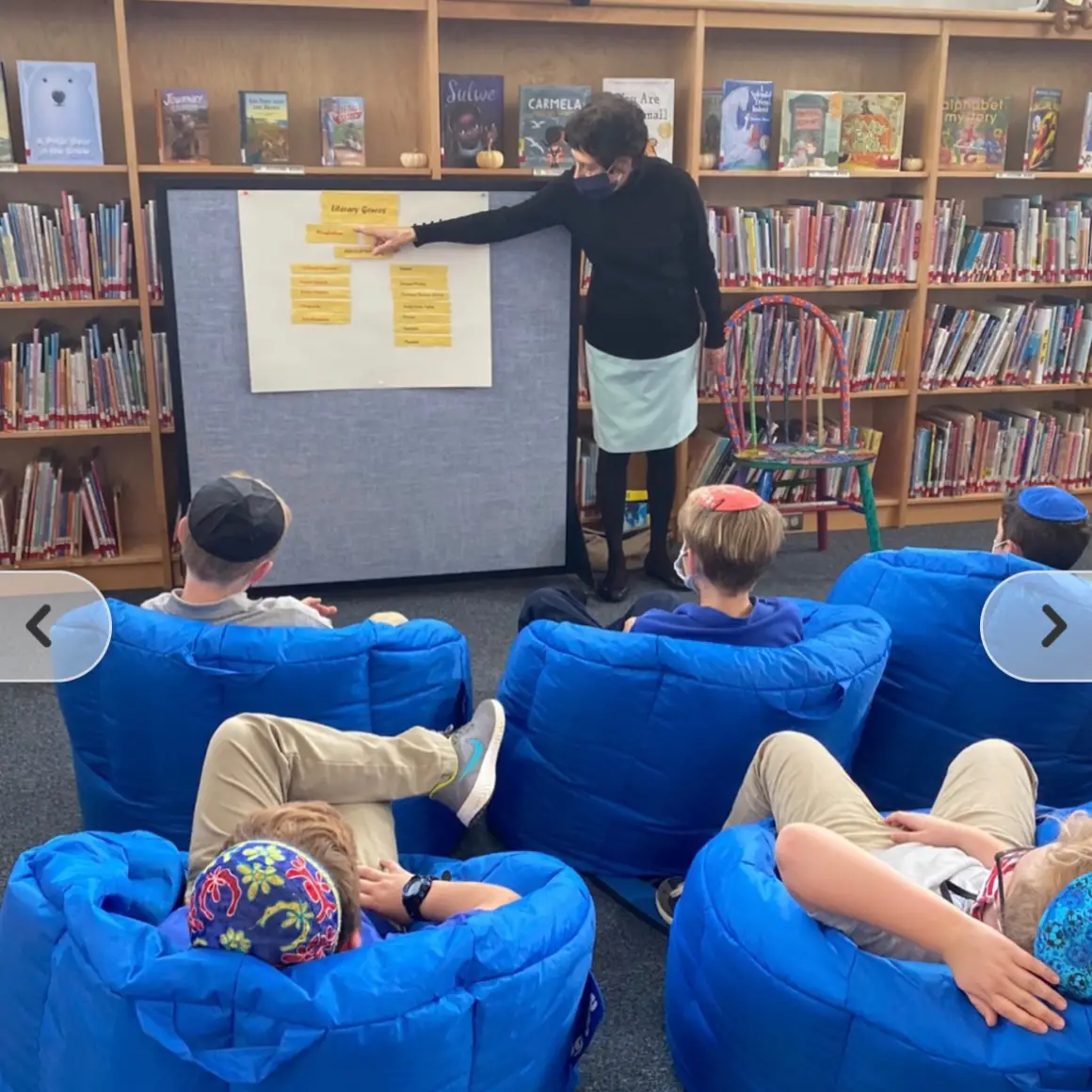Before the pandemic, authors made in-person visits to promote their books. Authors of children’s books visited schools and libraries. The pay for these visits was usually – well, zero. I visited a few local schools, but I really couldn’t afford to go very far.
Since the pandemic began, everyone knows how to hold remote visits. Every school has the equipment for remote visits, and everyone is comfortable with using remote visits. That opened up new opportunities for authors to connect with readers. I was able to visit schools across the country this past year as well as some home-school groups and book clubs. With even a few in-person visits.
I begin every visit with a presentation or writing workshop of some kind and end every visit with a question-and-answer period. I quickly learned to cut the presentations short and leave more time for the Q-and-A. The groups I met with ranged from 8-year-old third-graders to teenage high school students. I hope they learned something from me but I know that I learned from them. Here are four great questions that came up during last year’s Q-and-A sessions.
Where’s the Writer?
This was a fourth-grade class that met in the library on one of the few in-person visits of the year. I was carefully checked in at the door and masked, of course. The class had been told in advance that a writer would be speaking to them that day. I arrived early, as always, and got set and ready in a back corner of the library with my prepared display to wait for the group to arrive. I soon heard conversations and realized the kids were lined up at the door waiting for their teacher to bring them in. Before that could happen, one boy stepped out of the line calling out, “Where’s the writer?”

I stepped forward enough to see the group and easily identified the young student who was searching the library – for me! So, I waved. And I thought, the world is good, the country is good, our youth are good. With all the bad news coming to us every day, one might begin to despair. But as long as there are fourth-graders excited by the prospect of meeting an author, I think we can be confident that we’ll pull through in good shape.
What Happened to Alice?
A book club had read my middle-grade novel about life on the C & O Canal. The book centers on an injured mule whose life the main character tries to save. Along the way, the mule almost dies, another mule almost drowns, a child comes close to drowning, and the main character is threatened by bears and wild boars. So, which one is Alice? None of them. Alice is a yarn-doll that falls into the polluted waters of the canal and is rescued just moments before she is swept off to Georgetown and forever separated from the child that loves her.
My young reader wasn’t so concerned about the mules or characters who faced danger in the story. She did want to know what happened to the doll. We had a little discussion. The family probably cleaned her up and maybe even made some new clothes for her. She probably still belongs to some little girl somewhere who loves her even if the child in the story has long ago grown to adulthood. And aside from leading the group to imagine the characters as real people and thinking about the real things that they were likely to have had, I was able to suggest a project to the book club’s leader.
Why not have the group make yarn dolls. They’re easy to make but will also help the kids to appreciate how much harder life was for children on the canal who couldn’t get brand-new toys ordered online and delivered to their homes whenever they liked.
Where Do I Get My Ideas?
That is a question that comes up often, but it’s the wrong question to ask a writer. The better question—with the shorter answer—would be where don’t you find ideas. Ideas are everywhere. Every time you visit a historical site or a museum, there’s a story waiting there. When you play baseball or softball, there are stories waiting there. You can find stories at the dentist or waiting for your parents to finish doing chores or in your backyard.
Related: 10 Tips for New Writers
Writers don’t have different or special experiences that bring ideas for stories. Their lives are like everyone’s and they do and experience the same things as everyone else. The only difference is that writers find stories in everything.

How can a young, budding writer come up with a story? Just pay close attention to everything you see. Listen carefully to what people say. Listen to their words, their accents, and their tones of voice. Play with your pets but take notice of what they like or don’t like and how they interact with other animals or with people.
Then, let yourself wonder. You will find the stories!
When Did You Become a Reader?
This question comes very close to the question that I hear the most often. When did you become a writer? When did you know you wanted to be a writer?
It happened during a remote visit to a middle-school class. The students who wanted to ask questions had lined up at the front of the room to take turns speaking into the class computer. One child was excited, but nervous, when her turn came.
She blurted out, “When did you become a reader?” Then quickly corrected herself, with much embarrassment, to, “When did you become a writer?” But I assured her that she had asked me the exact right question. I told the group that I had become a reader sometime around third grade. I then further explained that it was at that point that I had graduated to ‘bigger’ books and fell head-over-heals in love with reading.
Related: How To Get Your Kid To Be A Reader
I still remember the first two books that changed my life. Little Women and Black Beauty. The teacher, from the back of the room, flashed a thumbs-up even though, most likely, none of the kids had read or even heard of either of those wonderful novels. I told the kids that reading Little Women showed me that I could know people who I would never meet and experience places that I would never go just by reading. And Black Beauty is a story told by a horse. After reading that book, I felt that I had an idea of what life might be like for a horse. How wonderful is that?
It was the fact that I loved reading, loved what books brought to my life, that I suddenly dreamed of creating stories of my own for someone else. So, I became a writer because I was a reader.
And to this day, that is my favorite question!
